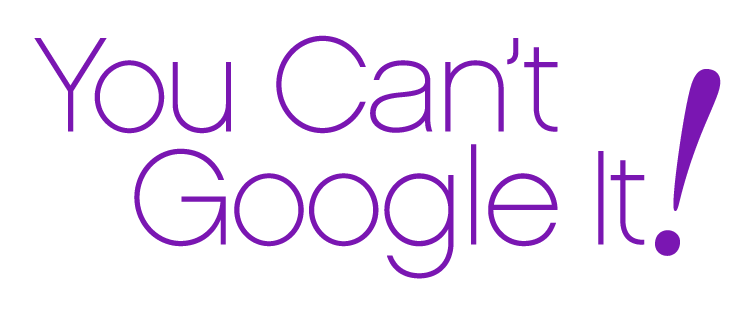All generations are changed over their lifecycle by what they confront as they make their way through the world they inhabit. First, each generation tends to be defined by the economic, social, political and cultural influences they typically experience in their formative years.
But given the powerful impact of terrorism, wars, the Great Recession, the youngest generations, Gen Z and younger Millennials have been marked even earlier. And many Millennials are thinking “this isn’t what middle age is expected to look like” and feel like.
Read More

